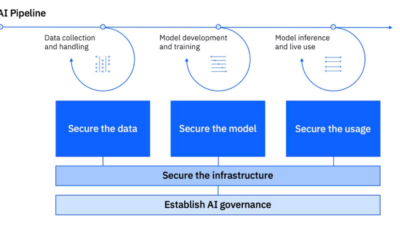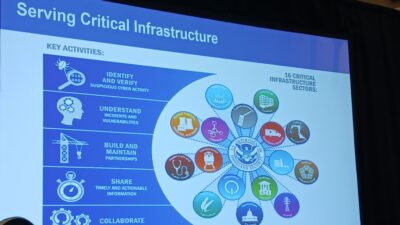A survey by the Business Performance Innovation (BPI) network showed that fewer than two percent of large corporations have a clear vision for the Industrial Internet of Things (IIoT).

Fewer than two percent of executives at large organizations say their companies have a clear vision of the Industrial Internet of Things (IIoT), with implementation well underway. That is according to a new report by consultancy Business Performance Innovation (BPI) Network, working in partnership with The CMO Council, Penton’s IoT Institute, and The Nerdery.
The study, The Impact of Connectedness on Competitiveness, is based on a global survey of 350 executives from large enterprises. It found that more than half (52%) of executives at large enterprises expect IIoT to have a ‘significant’ or "major" impact on their industry within three years, with another third (32%) forecasting a "moderate" impact in that timeframe.
However, adoption lags behind expectations, with just one in ten respondents characterizing attention and adoption within their industry as "widespread and aggressive." More than half (53%), meanwhile, report growing interest.When it comes to their own organizations, only 1.5% say their organizations have a "clear vision of IIoT with implementation well underway", while 29% say they have made a strong commitment, with implementation and pilots just getting started. A further 28% describe themselves as being in the planning stages.
Not a case of rip-and-replace
Ian Hughes, IoT analyst at business and information technology (IT) advisory company 451 Research, suggested that the reason why adoption for IIoT had been slow is because it requires companies to factor in new solutions and combine them with legacy infrastructure and applications.
"This wave of IIoT is around implementing brownfield solutions on plant [machinery] that is already operational, where equipment may have been running for over 30 years. This is not a rip-and-replace environment, such as we see in rapid, IT-based digital transformation," he said.
"At the same time, many of the machines involved already are heavily instrumented, with standard ways of communicating data in a much richer and granular way than many other enterprises, so these could be said to already be engaged in a degree of IIoT," he added.
Hughes added that the way data is acted upon and the speed with which it is useful is crucial. "This requires the social and organizational challenge of integrating the world of operational technology with that of information technology," he said.
Another reason why executives may not have a clear vision could be that because there is a misunderstanding of what IIoT actually means. When asked whether they were content with the current information they can access about IIoT, more than two thirds of the survey respondents said they were not satisfied or were not sure.
The study also found that a third of executives believed there is a major IoT skills gap.
Sooraj Shah is editor at Internet of Business. This article originally appeared on Internet of Business, a CFE Media content partner. Edited by Chris Vavra, production editor, Control Engineering, CFE Media, [email protected].

